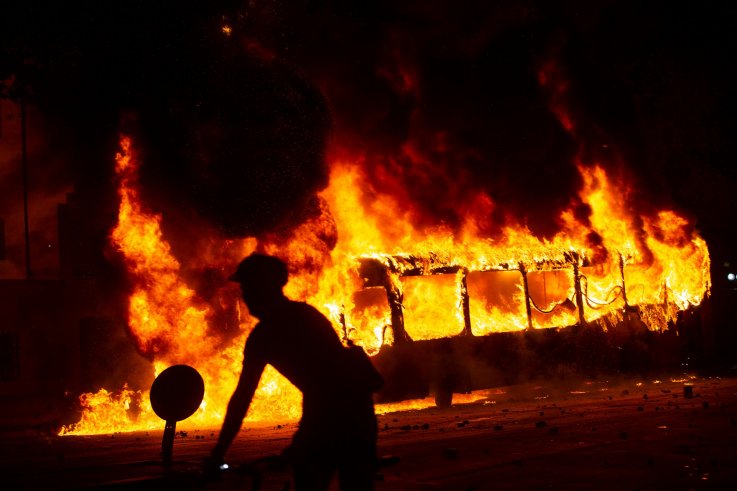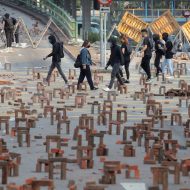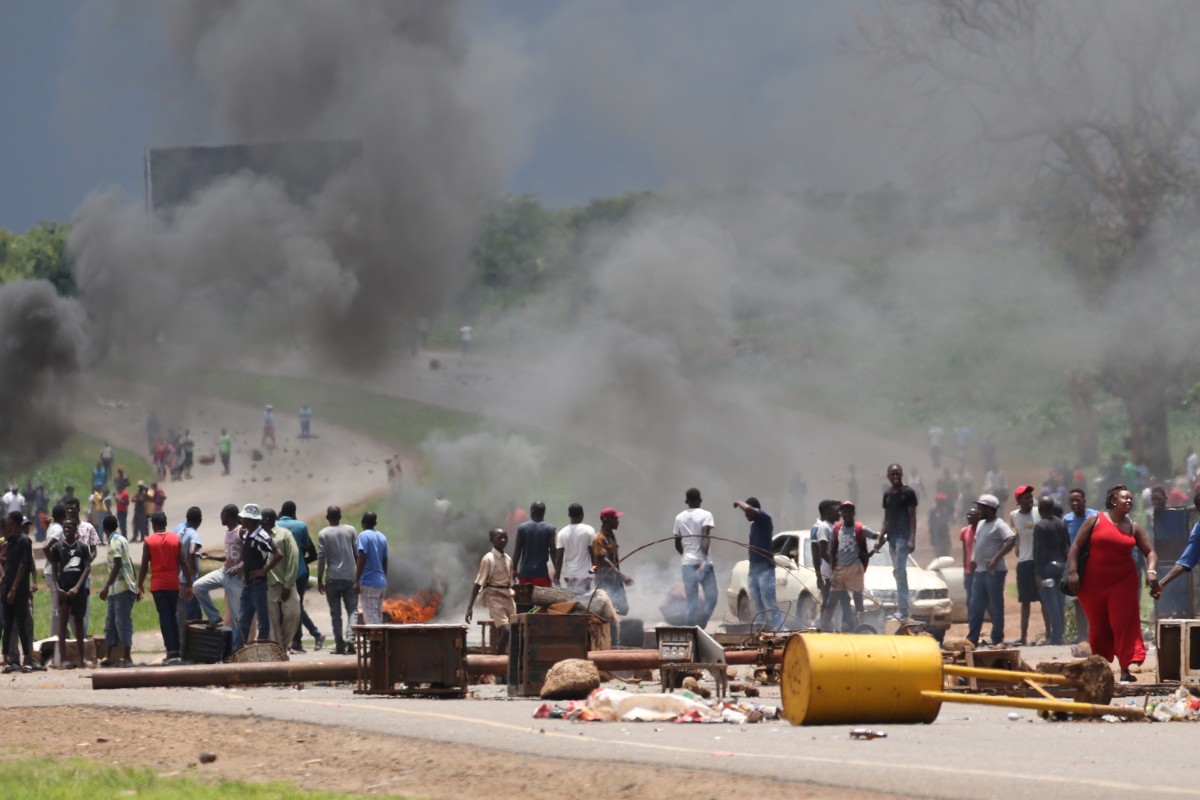
The purely military viewpoint is unusually widespread. It manifests itself as follows: 1. To regard military work and political work as opposed to each other; to fail to recognize military work as only one of the means for accomplishing political tasks. 2. To regard the task of the Red Army as similar to that of the White Army—merely fighting. To ignore the fact that the Red Army is an armed force for carrying out the political tasks of the revolution. When the Red Army fights, it fights not merely for the sake of fighting but to agitate the masses, to organize them, to arm them, and to help them to establish revolutionary political power; apart from such objectives, fighting loses its meaning and the Red Army the reasons for its existence. 3. Organizationally, therefore, to subordinate the organs of the Red Army’s political work to those of its military work. 4. At the same time, in agitational work, to overlook the importance of the agitation teams.


